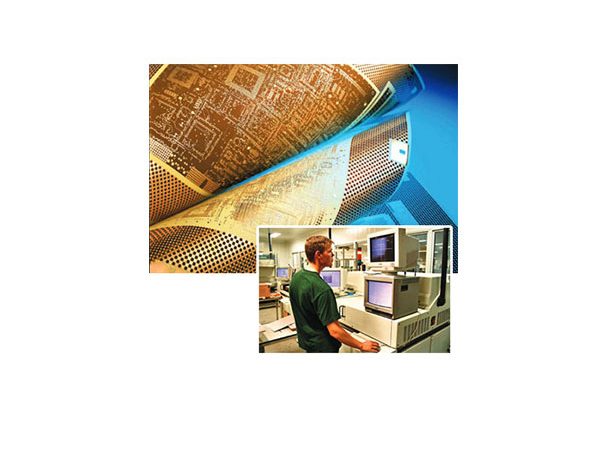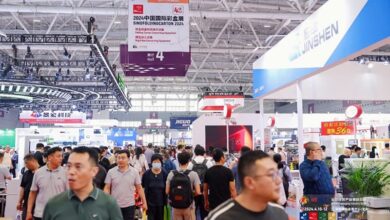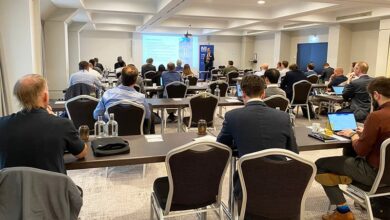AgfaCompany NewsNews
Agfa Announces Price Increase for its PCB Films

Agfa announces worldwide price increases on all IdeaLINE phototooling films used for the production of Printed Circuit Boards (PCB) and metal structuring applications. The price increases by more than 10% are due to the increasing cost of production and raw materials – mainly silver (Ag).
Agfa will apply the new pricing with immediate effect taking into account the purchase conditions of each individual customer.
For full product information please visit www.agfa.com/pcb

.gif)




86 Comments